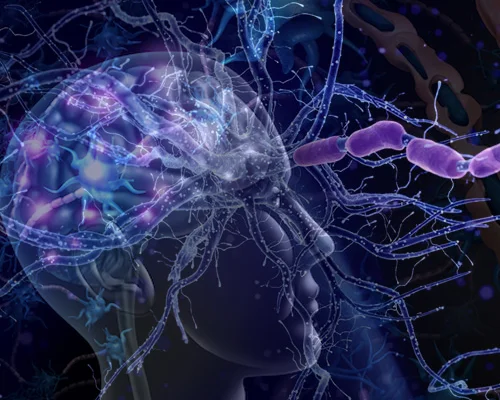Multiple Sclerosis Treatment
Be free from the clutches of Multiple Sclerosis with awareness
Multiple Sclerosis Treatment Centre
A potentially paralyzing condition of the brain and spinal cord is multiple sclerosis (MS) (central nervous system). Myelin is a protective coating that protects nerve fibres, which are attacked by the immune system in Multiple Sclerosis. This impairs brain-to-body communication and the condition may eventually result in nerve degeneration or irreversible impairment.

Symptoms of Multiple Sclerosis
Depending on where the damaged nerve fibres are located, the signs and symptoms of multiple sclerosis can vary widely from person to person and during the course of the disease. Movement is frequently affected by symptoms like:
- Your legs and trunk may experience numbness or weakness, which normally affects one side of your body at a time.
- Certain neck motions, notably bending the neck forward, might feel electric-shock-like (Lhermitte sign).
- Lack of coordination, tremor, or unstable stride .
Additionally often are vision issues, such as:
- Partial or total blindness (usually affects one eye at a time is frequently accompanied by discomfort when moving the eye).
- Long-lasting double vision
- Hazy vision
Additional signs of multiple sclerosis include:
- Unsteady speech
- Fatigue
- Dizziness
- Issues with bowel, bladder, and sexual function.
Causes of Multiple sclerosis
Although the exact cause of multiple sclerosis is unknown, it is thought to result from a mix of genetic and environmental factors. In this condition, the immune system of the body attacks its own tissues and damages the fatty substance that covers and protects the nerve fibres in the brain and spinal cord.
Risk Factors of Multiple Sclerosis
- Age: People between the ages of 15 and 55 ( but it can occur to anyone).
- Sex: Women are more likely than males to get this illness.
- Family history : If MS runs in the family, the risk of the disease rises.
- Specific infections : It’s thought that Epstein-Barr, the virus that causes infectious mononucleosis, is connected to MS.
- Climate : MS is more common in nations with temperate climates.
- Vitamin D : Low levels of sun exposure and vitamin D insufficiency both increase the risk of MS.
- A few autoimmune diseases : People who have thyroid illness, type 1 diabetes, or inflammatory bowel disease are more likely to acquire MS.
- Smoking : Smokers are more likely to develop MS than non-smokers when they first have symptoms that might indicate MS.
Multiple Sclerosis Treatment
The signs and symptoms of MS might briefly intensify in response to small increases in body temperature, although they are not regarded as actual disease relapses. NHS-Neuro care offers two treatments for MS which help patients recover as much as possible. Our expert neurologists will offer you the best treatment possible.
- Acute therapy for newly appearing symptoms.
- Disease-modifying therapy is one that can modify disease activity and slow down the progression of the disease.
The majority of MS patients experience relapsing-remitting illness. They go through phases of developing new symptoms or relapsing that take days or weeks to develop and often get well partially or entirely. After these relapses, there may be months or even years of calm illness remission.
Treatments
Social links
Contact us
NHS Hospital, Near Sports College, 300m From Kapurthala Chowk, Jalandhar, Punjab, India. Pin code : 144008
neurocare@nhshospital.in
+91 9888173033
0181 4633333
